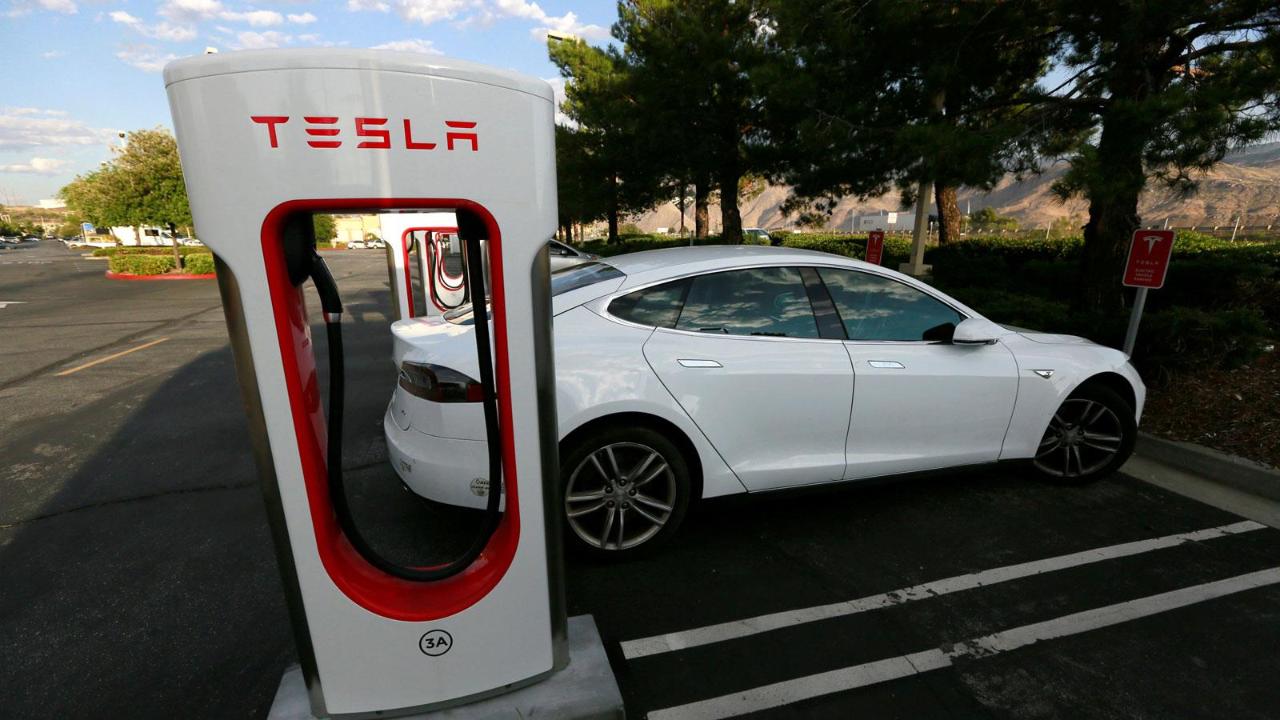SEC pressing Tesla directors for details on communications with Elon Musk
Federal regulators are pressing Tesla Inc.'s directors for details on how much information Chief Executive Elon Musk shared with them before he tweeted last week about a potential deal to take the company private, according to a person familiar with the matter.
The Securities and Exchange Commission is investigating whether Mr. Musk intentionally misled investors when he tweeted about the proposal in a bid to hurt short sellers by driving up Tesla's stock price, the person said.
Establishing what the board knew and when is key to the SEC's probe, the person said. For instance, if Mr. Musk didn't show the board a relatively firm deal with potential investors, it could indicate that the conversations weren't as far along as he suggested when he tweeted that he had "funding secured" for a deal.
A spokeswoman for the SEC declined to comment. Tesla couldn't immediately comment.
Mr. Musk surprised investors on Aug. 7 when he tweeted that he was considering taking the electric-car maker private at $420 a share, or $72 billion. Tesla shares surged on the news. The next day, Tesla's independent directors said Mr. Musk had informed them about the proposal the prior week.
In a blog post on Tesla's website Monday, Mr. Musk clarified that discussions with Saudi Arabia's sovereign-wealth fund about financing the deal were the basis for his assertion. He said the fund hadn't signed off on a deal.
| Ticker | Security | Last | Change | Change % |
|---|---|---|---|---|
| TSLA | TESLA INC. | 411.11 | +13.90 | +3.50% |
Mr. Musk often wields his Twitter account as a weapon against short sellers, or those who bet that Tesla's stock price will go down, and he has said going private would end "negative propaganda" from investors betting against Tesla. On June 17, Mr. Musk tweeted that short sellers "have about three weeks before their short position explodes."
A person who intentionally misleads shareholders can be charged with fraud under U.S. securities laws. If Mr. Musk can show he had a basis to make the statement -- such as advanced talks with the Saudi fund or a promise from them to fund the deal -- regulators would be less likely to allege that his statement was misleading or false.




















